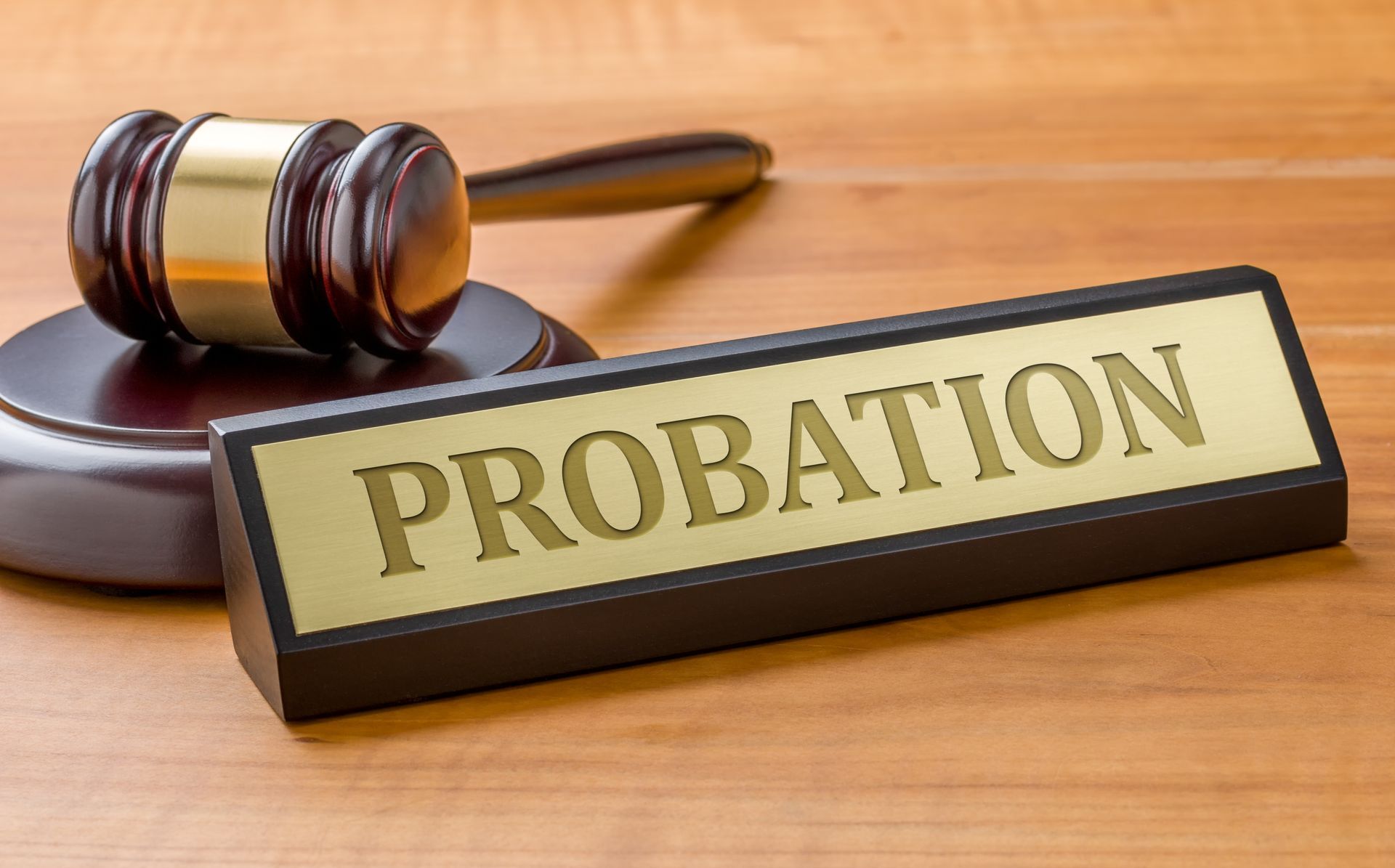Felony Charges in Idaho: What to Expect and How to Prepare
Felony Charges in Idaho: What to Expect and How to Prepare
Facing a felony charge in Idaho is a serious and often overwhelming experience. If you or a loved one has recently been arrested or charged, it's normal to feel confused, anxious, and unsure of what comes next. At Wollen Law, PLLC, we believe that understanding the legal process is the first step toward building a strong defense. Here’s what you need to know—and how to prepare—for what lies ahead.
What Is a Felony in Idaho?
In Idaho, a felony is defined as a crime punishable by more than one year in state prison. These charges are more serious than misdemeanors and can carry long-term consequences, including:
- Prison sentences
- Expensive fines
- Probation or parole
- Loss of civil rights (e.g., voting, gun ownership)
- Permanent criminal records
Common felony charges include drug trafficking, aggravated assault or battery, weapons violations, domestic violence, and repeat DUI offenses.
What Happens After a Felony Arrest?
The felony process typically involves several stages:
1. Arrest and Booking
You may be taken into custody, fingerprinted, and photographed. Bail may or may not be set depending on the nature of the charge.
2. Arraignment
This is your first court appearance, where the charges are formally read, and you enter a plea (guilty, not guilty, or no contest). The judge may revisit bail at this time.
3. Preliminary Hearing or Grand Jury
The court determines if there's enough evidence for your case to proceed to trial. This stage is crucial for challenging weak or unconstitutional evidence.
4. Pre-Trial Motions and Discovery
Your defense team will gather evidence, negotiate with prosecutors, and may file motions to dismiss or suppress evidence.
5. Trial or Plea Agreement
Depending on the strength of the case, you may go to trial or negotiate a plea deal. The goal is always to reduce charges or get them dismissed.
How to Prepare for a Felony Defense
Being proactive can make a major difference in your case outcome. Here are important steps you should take:
- Hire a Skilled Criminal Defense Attorney: Don’t wait. The earlier you involve legal counsel, the better your chances of protecting your rights and building a defense.
- Document Everything: Write down what happened during and after the arrest while it’s still fresh in your memory.
- Avoid Talking to Police Without Your Lawyer Present: Even casual conversations can be used against you later.
- Stay Off Social Media: Prosecutors can use your posts as evidence, even if you think they’re unrelated.
- Follow All Court Orders: Comply with any release conditions, such as drug testing or no-contact orders, to avoid additional charges.
Why Legal Representation Matters
Felony cases are rarely simple. They often involve forensic evidence, witness testimony, and procedural issues that can drastically affect the outcome. At Wollen Law, PLLC, we dig into the details, investigate every angle, and challenge weak points in the prosecution’s case.
We’ve helped countless clients in Boise and throughout Idaho fight back against felony charges—and we’re ready to help you too.
Facing a Felony Charge? Call Wollen Law, PLLC Today
If you're facing a felony charge in Idaho, don’t wait to take action. The sooner you reach out, the more time we have to build a strong defense on your behalf. Contact Wollen Law, PLLC at 208-615-9090 to schedule a consultation and start protecting your rights today.











